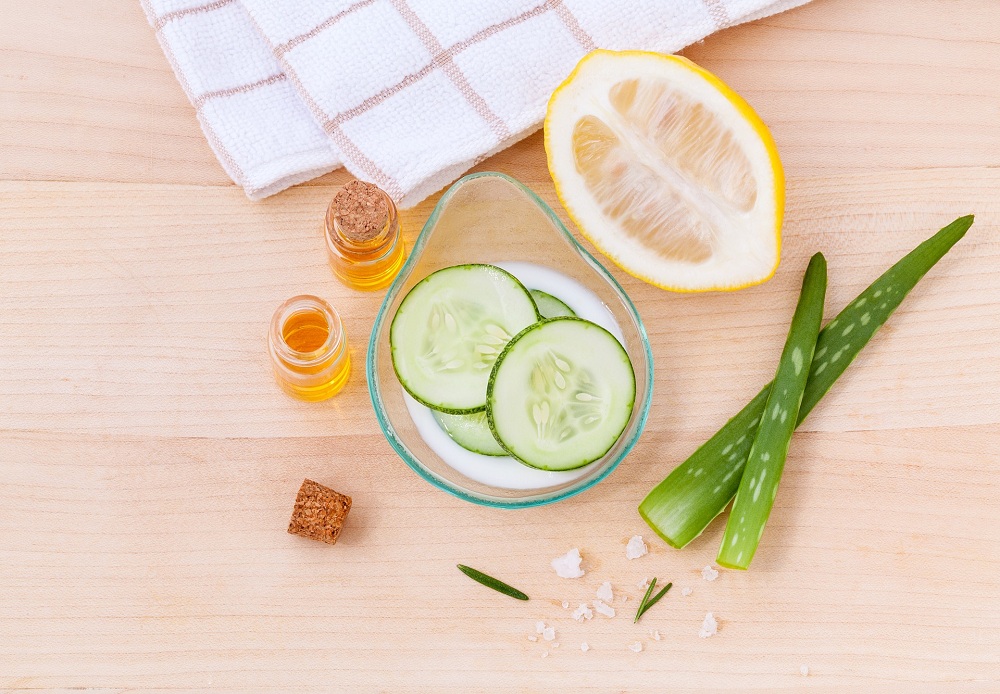According to various polls, between 1 and 2 percent of the population in the United States are vegan. Unlike vegetarians, vegans completely absolve from consuming any product that comes from animals. Some vegans take this one step further and resolve not to consume anything that was developed by testing or using on animals.
If you’re curious about the vegan lifestyle, you could be surprised that it means more than not eating meat and dairy products. More holistic approaches to veganism also include only using vegan beauty and wearing vegan clothing.
Check out what you need to look out for should you attempt to expand your vegan lifestyle beyond the diet.
Vegan Cosmetics
What makes vegan makeup brands different from others? Aside from not being tested on animals, vegan cosmetics are free from any animal product. You may be a little curious as to how can animals be involved in making your make-up.
There are a surprising number of animal parts in your beauty regimen. Your average make-up bag could contain any of the following animal by-product:
- Crushed insects for dyes – Sometimes called carmine on make-up labels, cochineal dye is from crushed beetles. These insects eat on the vibrantly scarlet berries of cactus plants and their crushed remains can be found in a lot of lipsticks and blushes.
- Animal ligaments and tendons – The boiled or rendered bits from animal joints either become gelatin or collagen. The former is used thicken creamy beauty products whereas the latter can be found in lip gloss.
- Animal horns and hair – When processed, these parts of an animal become keratin, which is the key ingredient to beauty products that promise to straighten your hair and nails.
If you don’t relish the idea of slathering your lips with processed animal fat and lathering your hair with pureed horn, vegan cosmetics can provide you with more animal-friendly alternatives.

Vegan Clothing
In the age of polyester and other synthetic materials, it seems that it should be easy for manufacturers to avoid using animals when making clothes. However, there is still a surprising amount of animal products involved in the clothing industry. If you want to make your closet a vegan space, you can avoid clothing that uses the following products:
- Leather – Usually made of boiled cowhide, occasionally manufacturers will also use pig or goat. Present in jackets, pants, and accessories, such as belts and bags.
- Exotic skins – The industry term for the processed skin of reptiles, like snakes and alligators. Usually turned into clutches, belts, and boots.
- Wool and similar – Wool only comes from sheep, but other products that belong to this category include cashmere, which is from a specific type of goat, and angora, which is rabbit’s wool. Jackets and sweaters made of these materials are popular.
- Fur – The hair of animal that’s still attached to the skin. Fur is collected from different animals, most notably minks, foxes, beavers, and rabbits. They’re turned into coats, muffs, and other accessories.
If you want to avoid stocking your closet full of dead animal skins, choose to buy faux versions of these materials. Better yet, try looking for clothing that’s made of plant matter, such as hemp, cotton, and similar material.
Veganism can be challenging, especially if you choose to pursue it in every aspect of your life. However, thanks to guides and websites all over the internet, knowing which brands are aligned with vegan principles is easier than ever.


